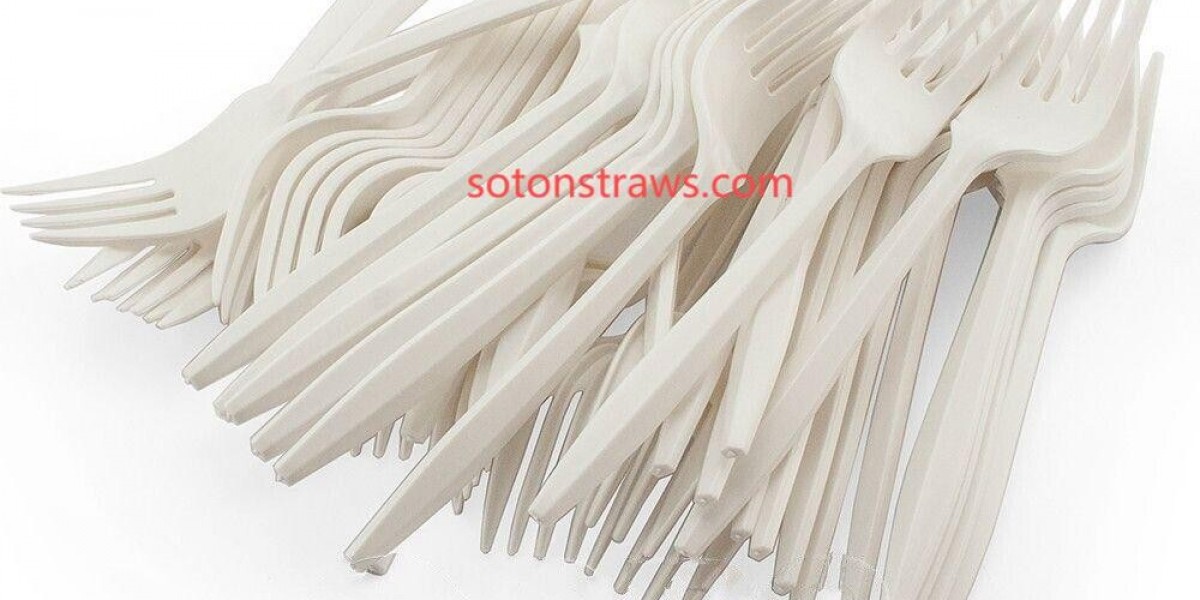The sheer volume of single-use items discarded daily paints a concerning picture of our consumption habits. Among these, utensils used briefly then thrown away represent a significant, often overlooked, stream heading straight to landfills or worse, polluting natural environments. This escalating waste challenge forces us to confront the urgent need for genuinely eco-friendly cutlery . Moving beyond superficial green labels requires a deep dive into the entire lifecycle of the materials we choose, from resource extraction and manufacturing energy to the often messy reality of disposal and decomposition.
Traditional plastic options, while cheap and durable for their intended short use, come with a legacy cost that spans centuries. Their creation consumes non-renewable resources, and once discarded, they fragment rather than decompose, infiltrating ecosystems as persistent microplastics. The energy intensive recycling process is rarely economically viable for these small, often contaminated items, leading to abysmally low actual recycling rates globally. Even options branded as 'biodegradable' plastics frequently require specific industrial composting conditions that are inaccessible to most consumers, meaning they typically end up in landfills where they decompose anaerobically, releasing potent greenhouse gases like methane without offering any soil benefit.
Seeking better alternatives, materials like bamboo and utensils derived from plant starches have surged in popularity. Bamboo grows rapidly, requires minimal pesticides, and when unadulterated by plastics or excessive coatings, can truly biodegrade in home compost settings. Similarly, cutlery made from renewable plant resources like corn starch offers a compelling proposition. Under the right industrial composting conditions, these plant-based utensils can break down relatively quickly into nutrient-rich compost, completing a natural cycle. However, the practical challenges are significant. Access to industrial composting facilities is severely limited in many regions, rendering the compostable attribute functionally useless for a vast majority of users. Furthermore, if these plant-based items mistakenly enter plastic recycling streams, they can contaminate batches, causing more harm than good. Their production, while using renewable feedstocks, still demands energy and water resources, and concerns exist about potential land use competition with food crops if scaled massively without careful management.
Therefore, the quest for authentic sustainability in disposable utensils demands a systemic view. It's not enough to simply swap materials; we must scrutinize the infrastructures supporting their end-of-life. True eco-friendly cutlery solutions must be designed holistically. This means prioritizing readily compostable materials where appropriate composting infrastructure exists, advocating fiercely for the expansion of such facilities, ensuring clear and accurate consumer labeling to prevent contamination of recycling streams, and critically, encouraging a cultural shift away from disposability wherever possible, embracing reusable alternatives. The ideal solution minimizes resource extraction, uses renewable inputs, consumes minimal energy and water during production, and either safely returns nutrients to the earth through composting or is efficiently recaptured in a closed-loop recycling system. Durability for reuse whenever feasible should be the primary goal before considering single-use options, even those made from better materials.
As awareness grows, the market evolves. Leading manufacturers are investing heavily in research to refine plant-based formulas for better performance without relying on synthetic binders that hinder decomposition. They are also exploring innovative designs that use less material overall and collaborating with waste management stakeholders to improve collection and processing systems. Choosing truly sustainable options requires consumers and businesses to look beyond the marketing and ask critical questions about origin, disposal pathways, and the verifiable credentials behind environmental claims. Responsible procurement policies are becoming a powerful driver for change within the food service industry.
For businesses committed to reducing their environmental footprint through responsible sourcing, partnering with a forward-thinking manufacturer is paramount. Soton stands at the forefront of this essential shift, dedicated to producing high-performance eco-friendly cutlery solutions designed with the entire lifecycle in mind. We leverage advanced material science to create utensils derived from rapidly renewable resources, rigorously tested for reliable performance where needed. Understanding the critical link between product and disposal infrastructure, Soton actively supports initiatives that expand composting capabilities and advocates for clearer waste stream policies. We collaborate closely with our clients to develop sourcing strategies that genuinely align with sustainability goals, ensuring that the move away from conventional plastics translates into tangible environmental benefits, not just greenwashed alternatives. Explore how Soton can empower your transition to a more sustainable operation.click https://www.sotonstraws.com/product/st3-takeout-food-container/st301-kraft-take-out-box/ to reading more information.
































